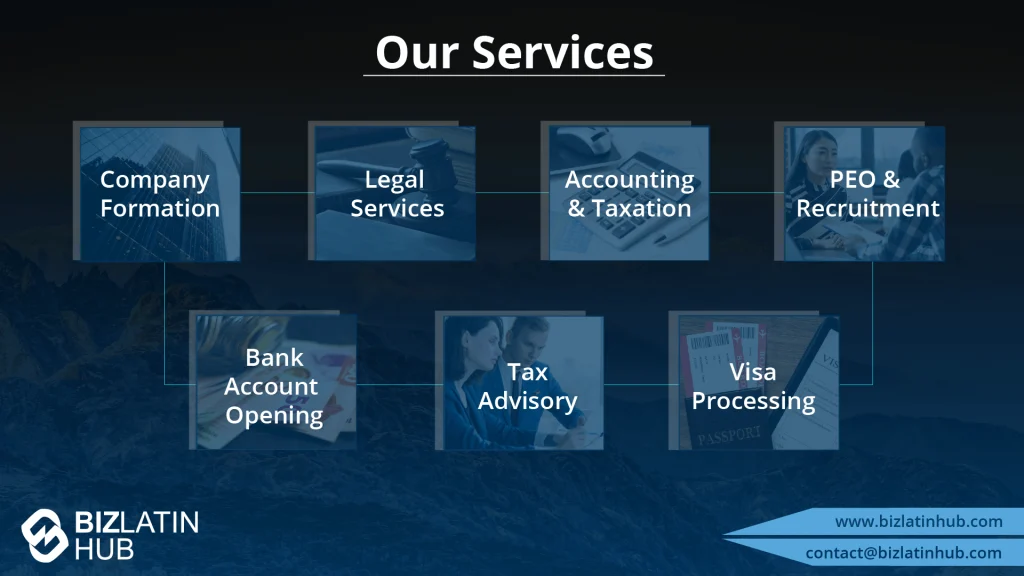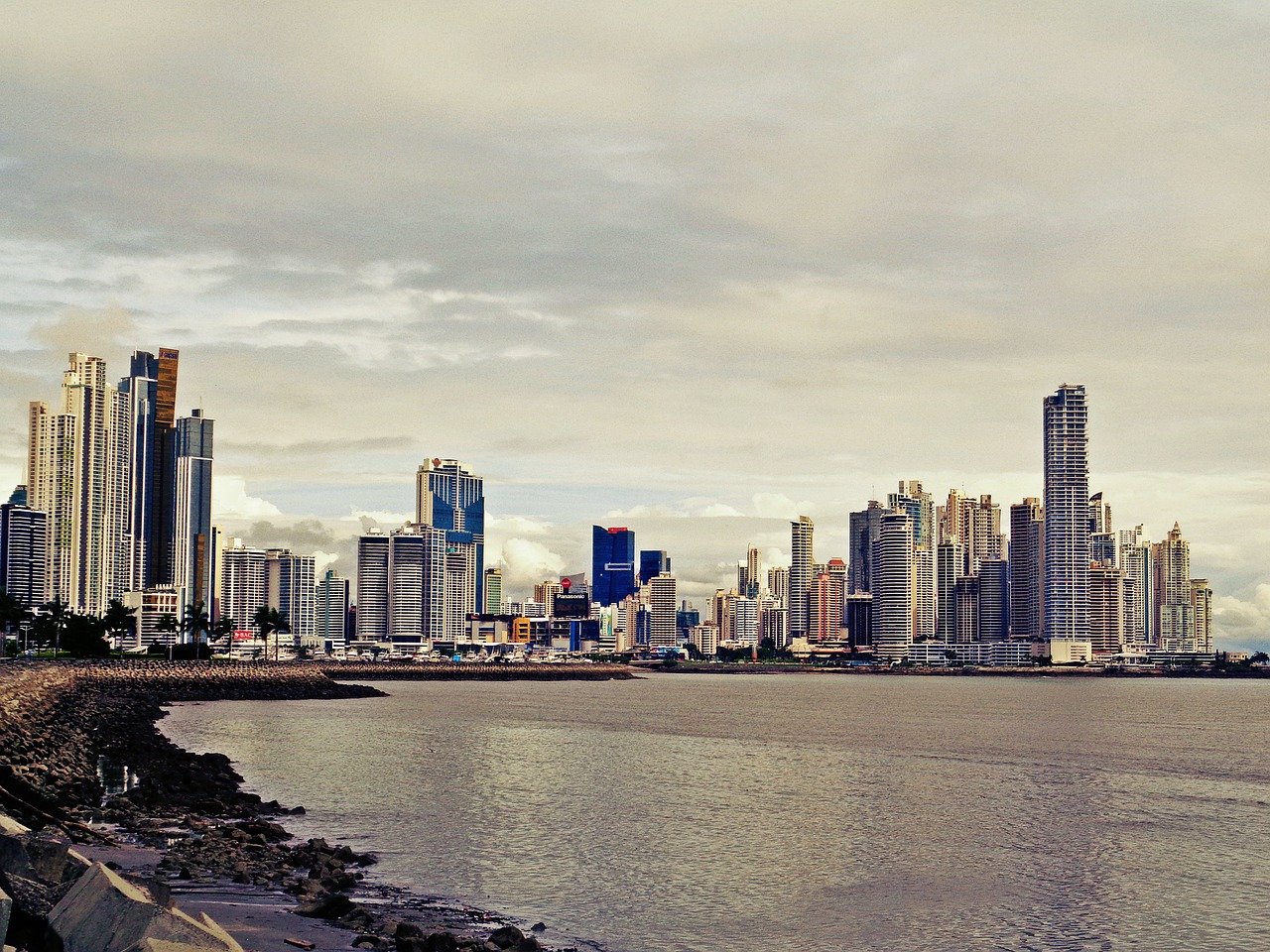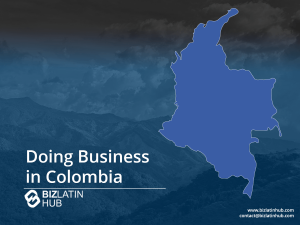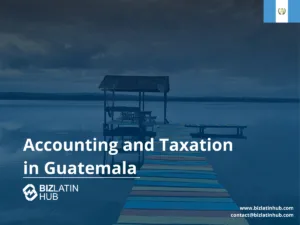On 5 May, 2019, Laurentino Cortizo was elected as the new President of the Republic of Panama, formally taking office on 1 July.
As part of his agenda, the new President-elect has secured through one of his proposals an economic acceleration plan which will encourage foreign investment and the creation of new companies in Panama.
Cortizo has plans to increase economic growth in various sectors of the country, further positioning Panama as an ideal commercial launch pad into Latin America. We explore the potential outcomes for commercial actors in Panama.
New President in Panama – Who is Laurentino Cortizo?

Cortizo’s campaign earned him 33.18% of Panamanians’ votes during the May 2019 elections, only just edging out opposition Romulo Roux. A former legislator and Minister for Agricultural Development, he has set a clear agenda for building strong social mechanisms. Labelled, the ‘sixth frontier,’ President Cortizo aims to combat poverty social issues and corruption during his term.
The new President also has a strong focus on promoting Panama’s business environment to both local and international businesspeople. Key agriculture, tourism and finance sectors are stepping into the government’s spotlight for development.
Bringing investment to agriculture
Agriculture is a key revenue generator for the Central American country, and an area Cortizo is familiar with, thanks to his previous Ministerial role. Cortizo plans to encourage growth in the agricultural sector by:
- Subsidizing small producers: this involves creating a multi-purpose agricultural trust with the National Bank of Panama
- Provide exemptions for up to 50% of agribusiness companies established in Panama from paying Personal Property and Services Transfer Tax (known locally as Impuesto de Transferencia de Bienes Muebles y Servicios or ITBMS)
- Present a bill in the National Assembly to establish opportunities in technology, creativity, location of markets and scholarships for entrepreneurs in the sector.
Within these proposals we can see a demonstrative effort to protect agricultural producers in order to increase exports and consumption. This should give a boost to the sector and contribute to an increased GDP.
Addressing the plan to remove ITBMS tax obligations for nearly half of the companies working in agribusiness will encourage others to move into the market. Both local and foreign investors can enjoy these incentives and opportunities to make their own operations more profitable. Furthermore, there is great potential for job growth with a lowered ongoing cost of production thanks to tax exemptions and a flow-on of increased business activity.
Boosting the tourism sector
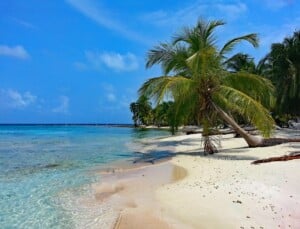
Tourism is an emerging sector in Panama. Cortizo plans to create a ‘Tourism Cabinet’ in which public investments will be made to promote the country’s tourism sector. This Tourism Cabinet will be dedicated to aligning all government institutions that impact tourism development and coordinate tourism infrastructure strategies, programs and projects.
The President intends that once established, the cabinet will deliver the following outcomes:
- Improvement in tourism products
- The execution of a long-term investment plan to develop tourism infrastructure
- A permanent tourism promotion fund program
- The establishment of the “Tourist Entrepreneur” program for loans to entrepreneurs and SMEs, with emphasis on the development of tourism products through the Bank of Opportunities.
Facilitating finance sector growth
The President-elect aims to boost private investment in the financial sector as well.
With the appointment of new ministers who will manage the economic sector of the country, new objectives aim to make investors in Panama feel at home. The government intends to enable companies that will create jobs for Panamanians and support economic growth.
Cortizo intends to:
- Modernize the regulations on electronic commerce
- Expand the use of the ‘electronic wallet’ recently implemented by the National Bank
- Promote legislation to facilitate the use of electronic payments in the private sector.
It is important to emphasize that Panama’s new President also plans to influence the country’s special economic zones, which currently offer great fiscal and immigration benefits. Special economic zones located in the country’s territory offer heightened tax and other incentives for businesses operating within those areas.

Special economic zones in Panama
Special economic regimes have played an important role in attracting investments, increasing business activity and generating employment, so it is necessary to guarantee their sustainability and strengthen them. In particular, the model of the Colón Free Zone has been showing signs of fatigue. The new President plans to rejuvenate this model.
This plan includes lifting the benefits for businesses in the Colón Free Zone to equate with those of Panama Pacífico. The Colón Free Zone needs a digital makeover to keep up with modernized commercial activity. New policies that enable and maximize the flow of productive knowledge between these local economies will support the development of new productive capacities, and expand and diversify the products and services that Panama offers.
The new president-elect proposes to modernize the Administration of the Colon Free Zone, adapting it to the new realities of world trade, morphing it into a Modern Free Zone. This zone will play an integral part of the ongoing development of the City of Colón.
To build financial capability in and outside of the special zones, the new government aims to achieve the following:
- Create a team equipped to develop a plan for adaptation, revitalization, defence and promotion of our financial services sector based on a defined strategy and vision.
- Install a technical table, with the participation of all the protagonists of the services sector, for the transformation of the Panamanian financial system, favoring new financial technology.
- In conjunction with the banking sector, insurers, stockbrokers and other actors, review, adjust and advance the modernization of governance and standards necessary to strengthen these sectors.
- Promote the use of digital platforms in the financial sector to create simpler procedures for investors.
A new era for several sectors
A new period of economic activity will begin in Panama, in which the new government will pursue economic acceleration by encouraging and facilitating foreign investment methods in Panama.
In the following years, flow-on consequences of increased investment in these key areas could bring investment and educational, political and social growth to the Central American country.
Biz Latin Hub can help you with doing business in Panama
At Biz Latin Hub, we provide integrated market entry and back-office services throughout Latin America and the Caribbean, with offices in Panama City, Panama, as well as over a dozen other major cities in the region. We also have trusted partners in many other markets.
Our unrivaled reach means we are ideally placed to support multi-jurisdiction market entries and cross border operations.
As well as knowledge about Panamanian politics our portfolio of services includes hiring & PEO, accounting & taxation, company formation, bank account opening, and corporate legal services.
Contact us today to find out more about how we can assist you in finding top talent, or otherwise do business in Latin America and the Caribbean. If this article on the new president in Panama was of interest to you, check out the rest of our coverage of the region. Or read about our team and expert authors.
